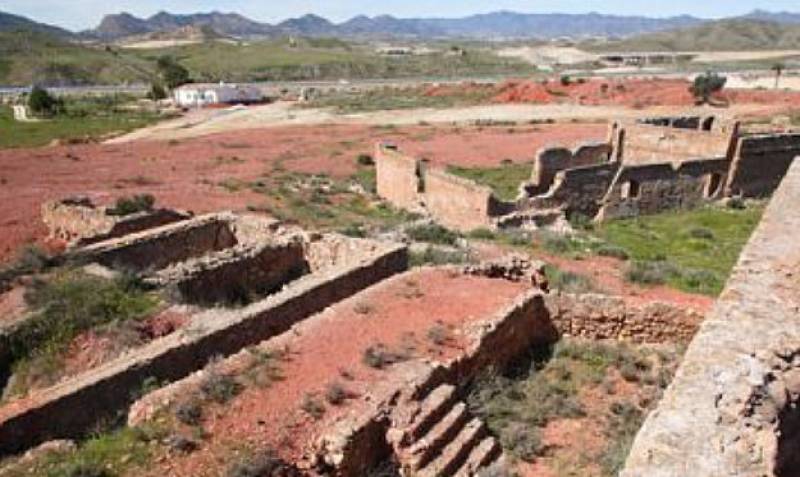

Guidelines for submitting articles to San Pedro del Pinatar Today
Hello, and thank you for choosing San Pedro del Pinatar.Today to publicise your organisation’s info or event.
San Pedro del Pinatar Today is a website set up by Murcia Today specifically for residents of the urbanisation in Southwest Murcia, providing news and information on what’s happening in the local area, which is the largest English-speaking expat area in the Region of Murcia.
When submitting text to be included on San Pedro del Pinatar Today, please abide by the following guidelines so we can upload your article as swiftly as possible:
Send an email to editor@spaintodayonline.com or contact@murciatoday.com
Attach the information in a Word Document or Google Doc
Include all relevant points, including:
Who is the organisation running the event?
Where is it happening?
When?
How much does it cost?
Is it necessary to book beforehand, or can people just show up on the day?
…but try not to exceed 300 words
Also attach a photo to illustrate your article, no more than 100kb

The ruined old alum factory in Mazarron
Alum was the main source of wealth in Mazarrón in the Late Middle Ages
 Alum is a chemical compound containing potassium which was much used in the Late Middle Ages to fix colouring in tanning and textiles, and the substance plays an important role in the history of Mazarrón due to its being found naturally in the minerals of the old mines just outside the town.
Alum is a chemical compound containing potassium which was much used in the Late Middle Ages to fix colouring in tanning and textiles, and the substance plays an important role in the history of Mazarrón due to its being found naturally in the minerals of the old mines just outside the town.
This was a particularly valuable commodity which also had other industrial, domestic and even medical applications, and there is evidence that the natural resource was being exploited in the late 14th century, when King Enrique IV granted the mining concession in the area to the Marquises of Villena and Los Vélez. The industry continued to prosper until 1592, when the mines were closed after a marked decrease in exports outside Spain.
However, from 1774 onwards there was a revival of interest in the treatment of residues or alum sediments (known as “almagras”) in the preparation of tobacco. On a small scale this industry continued in Mazarrón until quite recently, and white alum was used by barbers as a disinfectant after shaving each customer.
The remains of the old alum factory just outside Mazarrón, next to the junction of the RM-3 motorway and the RM-D4 road, still contains some of the rooms, pools, washing containers and water storage units which were used to trat the minerals, as well as drying areas, the stand for a water wheel and the old smelting ovens. It is the oldest alum factory still visible in Mazarrón, although tow other more recent ones still exist.
All round the factory the soil has been coloured red by the sediment (a colour which was popularly known as “almagra” or “almazarrón”), matching the surreal landscape of the abandoned mines on higher ground nearby.
Click here for map link.
For more local visiting information, events and news go to the home page of Mazarrón Today.
